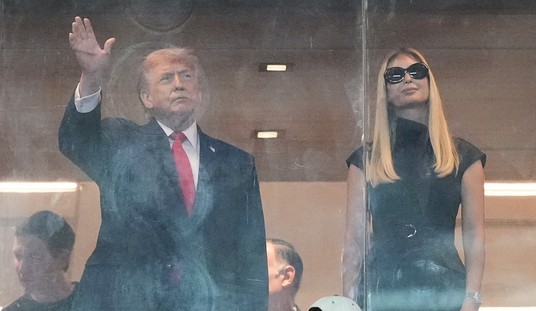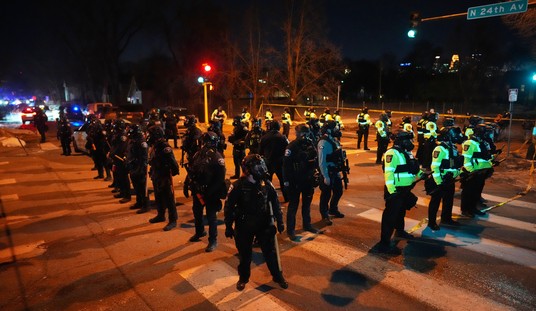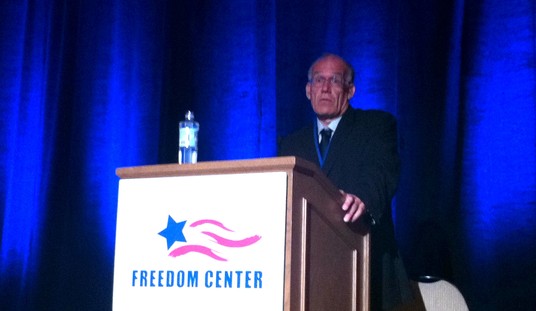In U.S. v. Warshak, the United States Court of Appeals for the Sixth Circuit held that email correspondence enjoys substantially the same expectations of privacy and therefore of Fourth Amendment protections as do snail mail and telephone conversations. Warshak was a criminal case involving many millions of dollars and substantial fraud against numerous customers. Electronic communications, including some twenty-seven thousand emails, were important to the prosecution’s case.
The court held that:
The government may not compel a commercial ISP [internet service provider] to turn over the contents of a subscriber’s emails without first obtaining a warrant based on probable cause. Therefore, because they did not obtain a warrant, the government agents violated the Fourth Amendment when they obtained the contents of Warshak’s emails. Moreover, to the extent that the SCA [Stored Communications Act] purports to permit the government to obtain such emails warrantlessly, the SCA is unconstitutional. (emphasis added)
Two essential tests were employed in determining Fourth Amendment applicability. First, whether the criminal defendant had a reasonable expectation of privacy, and second, whether society in general recognizes one. The court found:
Given the often sensitive and sometimes damning substance of his emails, we think it highly unlikely that Warshak expected them to be made public, for people seldom unfurl their dirty laundry in plain view.
As to the second test, the court found that:
This question is one of grave import and enduring consequence, given the prominent role that email has assumed in modern communication. Cf. Katz, 389 U.S. at 352 (suggesting that the Constitution must be read to account for “the vital role that the public telephone has come to play in private communication”). Since the advent of email, the telephone call and the letter have waned in importance, and an explosion of Internet-based communication has taken place. People are now able to send sensitive and intimate information, instantaneously, to friends, family, and colleagues half a world away. Lovers exchange sweet nothings, and businessmen swap ambitious plans, all with the click of a mouse button. Commerce has also taken hold in email. Online purchases are often documented in email accounts, and email is frequently used to remind patients and clients of imminent appointments. In short, “account” is an apt word for the conglomeration of stored messages that comprises an email account, as it provides an account of its owner’s life. By obtaining access to someone’s email, government agents gain the ability to peer deeply into his activities.
The court drew a further analogy to telephone conversations, noting that they are “fully protected by the Fourth and Fourteenth Amendments” even though telephone companies have the capability to monitor and record calls. The court drew a similar analogy to snail mail, stating:
While a letter is in the mail, the police may not intercept it and examine its contents unless they first obtain a warrant based on probable cause. This is true despite the fact that sealed letters are handed over to perhaps dozens of mail carriers, any one of whom could tear open the thin paper envelopes that separate the private words from the world outside. Put another way, trusting a letter to an intermediary does not necessarily defeat a reasonable expectation that the letter will remain private.
Given the fundamental similarities between email and traditional forms of communication, it would defy common sense to afford emails lesser Fourth Amendment protection. … Over the last decade, email has become “so pervasive that some persons may consider [it] to be [an] essential means or necessary instrument for self-expression, even self-identification.” It follows that email requires strong protection under the Fourth Amendment; otherwise, the Fourth Amendment would prove an ineffective guardian of private communication, an essential purpose it has long been recognized to serve. (Internal citations omitted)
It is noted here that:
Today’s decision is the only federal appellate decision currently on the books that squarely rules on this critically important privacy issue, an issue made all the more important by the fact that current federal law — in particular, the Stored Communications Act — allows the government to secretly obtain emails without a warrant in many situations.
However, it wasn’t quite that simple in the Warshak case nor may it be in subsequent cases in different circuits.
As the court noted, the provisions of the Stored Communications Act:
… give different levels of privacy protection based on whether the e-mail is held with an electronic communication service or a remote computing service and based on how long the e-mail has been in electronic storage. The government may obtain the contents of e-mails that are “in electronic storage” with an electronic communication service for 180 days or less “only pursuant to a warrant.” 18 U.S.C. § 2703(a). The government has three options for obtaining communications stored with a remote computing service and communications that have been in electronic storage with an electronic service provider for more than 180 days: (1) obtain a warrant; (2) use an administrative subpoena; or (3) obtain a court order under § 2703(d). (Emphasis added)
Evidently, the court concluded that all such stored communications, and not merely those stored for one hundred and eighty days or less, require a warrant. This interpretation is consistent with the broad statement of its holding provided by the court and quoted at the beginning of this article. It is also supported by Judge Keith’s concurring opinion:
As the majority notes … the government requested a secret subpoena to confiscate Warshak’s personal emails without his knowledge pursuant to §§ 2703(b) and (d) of the Stored Communications Act (“SCA”). … The officers … requested the emails from NuVox via a § 2703(b) subpoena and a § 2703(d) order. … [W]e today declare these statutes unconstitutional insofar as they permit the government to obtain such emails without a warrant.
Despite the unconstitutionality of sections 2703(b) and (d), the court refused to exclude the unconstitutionally obtained evidence pursuant to the exclusionary rule. It noted that although the exclusionary rule is intended to prevent constitutional violations, its application is not itself constitutionally required in some circumstances. Finding that the government had proceeded in good faith, it declined to exclude the e-mail evidence. To make its determination that the government had proceeded in good faith and that exclusion of the e-mails was therefore inappropriate, the Sixth Circuit relied on a Supreme Court’s decision in Illinois v. Krull, 480 U.S. 340 (1987) that:
The exclusionary rule’s purpose of deterring law enforcement officers from engaging in unconstitutional conduct would not be furthered by holding officers accountable for mistakes of the legislature. Thus, even if a statute is later found to be unconstitutional, an officer “cannot be expected to question the judgment of the legislature.” (Internal citations omitted)
In finding good faith reliance the court noted among other things that:
Given the complicated thicket of issues that we were required to navigate when passing on the constitutionality of the SCA, it was not plain or obvious that the SCA was unconstitutional, and it was therefore reasonable for the government to rely upon the SCA in seeking to obtain the contents of Warshak’s emails.
The thicket was certainly dense, but in view of the court’s ruling on constitutionality no substantial exclusionary rule “good faith” problems with sections 2703(b) and (d) similar to those in Warshak should arise in the future, at least in the Sixth Circuit (including the states of Kentucky, Michigan, Ohio and Tennessee).
The Sixth Circuit’s invalidation of sections 2703(b) and (d) of the Stored Communications Act seem quite likely to be considered eventually by the Supreme Court.









Join the conversation as a VIP Member